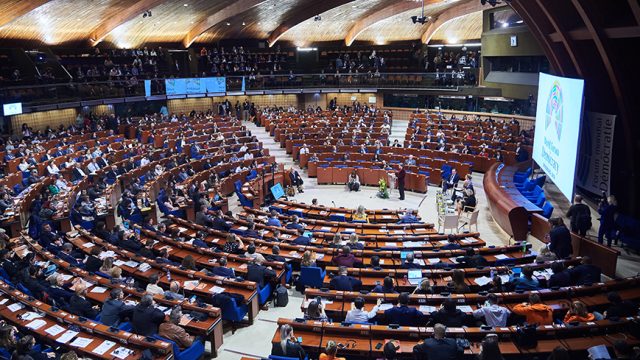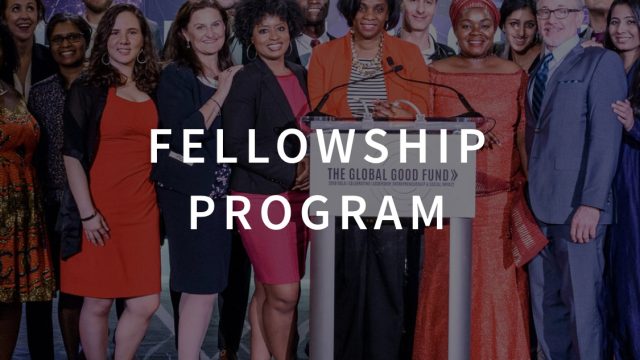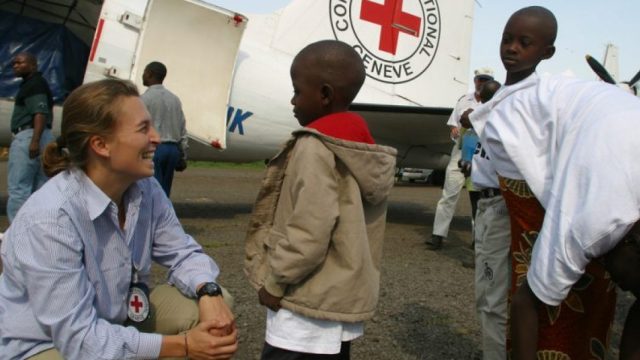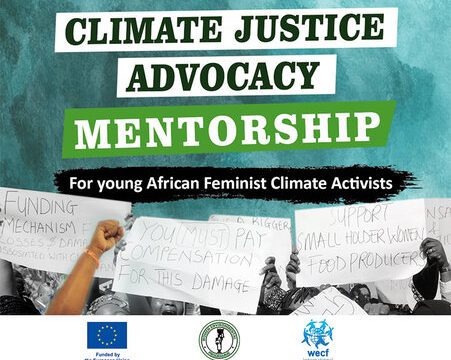FUNDING : Call for Applications for Building resilience among frontline workers’ organizations
Applications are now being accepted by the Democracy at Work Fund, which aims to strengthen the capacity of organisations representing frontline workers and advancing labour rights, democracy, and a just transition.
Small grants are given to frontline organisations in Asia, Africa, and Latin America by the Democracy at Work Fund, which brings together funding from various sources with the goal of enhancing the resilience and capability of workers' organisations. In addition to initiatives at the intersection of workers' rights, gender justice, racial justice, and climate justice, the Fund also gives priority to initiatives headed by women and migrant-led organisations and by workers in the informal economy.
About the fund:
Workers around the world are on the frontlines of the struggle for rights and equity. Amidst their mounting calls for just wages, benefits and protections, they face multiple global crises – a cost of living crisis amidst historic levels of inequality, extreme environmental degradation hastened by the climate emergency, conflict, growing xenophobia, and rollbacks in civic freedoms and the erosion of democratic space.
Across regions, labor rights defenders face brutal attacks, arbitrary detention, and restrictions on freedom of association and assembly. As the climate crisis intensifies, heat stress and extreme weather magnify day-to-day health risks for workers in multiple sectors, from mining and farming, to construction and apparel. The impacts of these crises are not uniform but impact women, migrant workers and those in low-wage, informal and precarious jobs disproportionately. Rollbacks in fundamental freedoms have a chilling effect, making it harder for those groups to make their voices heard.
This is a crucial moment to bolster support for the labor rights movement and to ensure that workers — and their unions and communities — have a seat at the table in planning for a just transition. As the largest transnational form of collective action, worker organizations have unparalleled ability to mobilize at the grassroots, to negotiate for better jobs and social protections, and to advance climate plans that address economic, gender, and racial equity.
Type of work that will be supported:
1. Bolstering capacity to ensure physical and digital security, for example:
- Support to build technical and practical capacity of worker organizations to establish safeguarding mechanisms, develop safety protocols, and other strategies to address digital and physical threats. This could be through training and accompaniment on offline and online security practices and protocol, developing strategic partnerships with human rights defenders protection organizations, and building mutual support mechanisms.
- Pilot projects or capacity-building support to enable workers to use new technologies to build power, foster alliances, organize, strategize, and anticipate threats especially in contexts where there are growing threats to civic space.
2. Responding to legal threats and building legal security, for example:
- Technical training to support labor rights defenders and those working at the intersection of labor and climate issues to respond to restrictive legislation, or to build peer support networks.
- Support to enable organizing campaigns to remain intact beyond an immediate threat, especially in contexts of closing civic space.
- Concerted efforts to document and expose threats and attacks against labor rights defenders in retaliation to their work on labor rights issues.
- Documenting and sharing best practices and lessons learned from trade unions and worker’s associations with respect to effective protection mechanisms for their members when defending labor rights and advancing a just industry transition.
- Worker-led efforts to deal with threats, trauma, physical and mental health issues for workers and their families. This could range from supporting opportunities for worker leaders to step away from their day-to-day activities to rest and rejuvenate, or de-stigmatizing the discussion around mental health and well-being in marginalized communities.
3. Power-building work to improve working conditions and to defend core enabling rights to organize, associate and bargain collectively, for example:
- Strategies to advance social dialogue and collectivization among gig workers, workers in transition mineral supply chains, and workers in non-standard employment; not conducive to conventional modes of organization and collective bargaining;
- Support and advocacy for the recognition and rights of informal and marginalized workers, particularly women, migrants, and ethnic and racial minorities;
- Peer training on how to successfully organize, and build strategies and campaigns for change that will endure beyond single, time-bound issues.
- Novel solutions or innovative approaches to organizing and/or bringing groups together across sectors, particularly in places of shrinking civic space. This could include building the capacity of labor organizers to engage with climate, Just Transition, democracy, and gender activists on joint strategy development, social dialogue, collective bargaining, and policy advocacy to build resilient and effective alliances, engage with the general public, and hold policymakers and businesses accountable.
Selection process and timeline
Grants will be made by Fundación Avina. Avina will carry out an initial screening process to ensure applications meet the eligibility criteria. Following this, a Selection Committee composed of 5 leaders from worker organizations, civil society organizations and academic institutions knowledgeable about the labor movement in the countries covered by the Fund will undertake a review of the proposals. Selection Steering Committee members include at least three members from the Global South and have been chosen to reflect diversity with respect to gender, race, ethnicity, and work formalization to ensure sufficiently inclusive input and decision-making. The Selection Committee will undertake a Peer Review process, assessing applications and making recommendations for funding. Steps will be taken to prevent conflicts of interest and ensure that the affiliations and external interests of Selection Committee members will not interfere with their ability to assess applications objectively.
Applicants whose proposals have been selected for grants will be notified by March 22nd 2024.
Scroll down for more details and click on the official link attached to apply now.
Additional Information
Budget requests within the range of $10,000 to $100,000 total for up to two years will be considered. Projects can start from April 2024 and range in duration from a few months to up to two years.
Applicants in the following groups are encouraged to apply.
1. Initiatives led directly by workers, whether in trade unions or more hybrid associations or groups, driving work aimed at institutional strengthening, advocacy, communication and other forms of capacity-building.
2. Priority will be given to efforts led by workers from historically marginalized groups and/or in sectors or forms of employment where conventional modes of organization and collective bargaining have been especially challenging, such as in digital labor platforms, care and domestic work, informal work and among migrant workers.
3. Organizations, associations and movements led by workers within the geographic scope will be given priority. Cross-country and regional initiatives involving either of these regions as well as another region would also be considered. The Fund may be expanded in the future to include a dedicated focus on other countries if sufficient funding is available.
Proposals from more than one organization or entity as co-applicants should indicate the division of labor and respective roles of each organization.
Applicants should submit proposals through the Democracy at Work Fund’s webpage here. Proposals can be submitted in Bangla, Bahasa Indonesia, English, Portuguese and Spanish. The deadline for submission is January 31, 2024. If you have questions about the process and eligibility criteria, please write to Diana Figueroa democracyatworkfund@protonmail.com.
FUNDING : Call for Applications for Building resilience among frontline workers’ organizations 0 reviews
Login to Write Your ReviewThere are no reviews yet.









